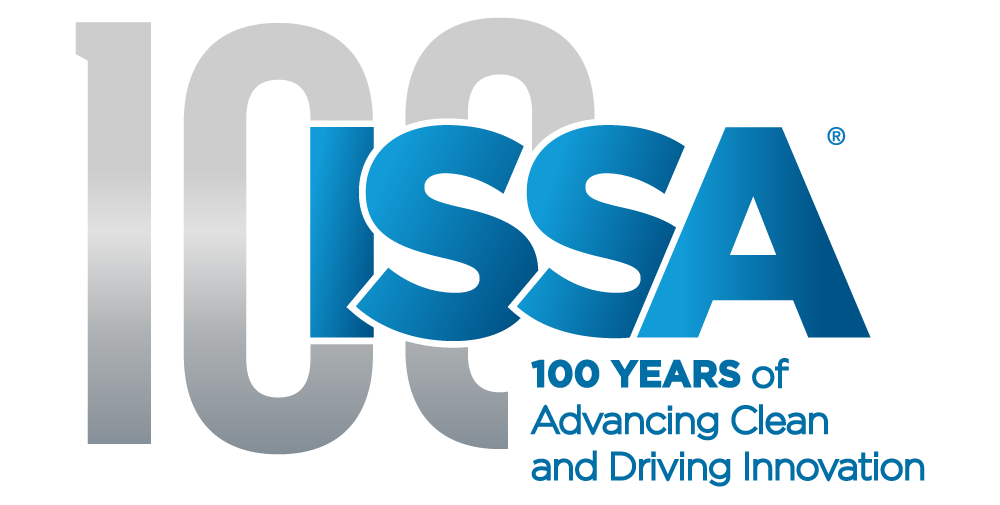Keep Your Customers’ Online Reputations Clean
In the age of the Internet , a business’s online reputation is more important than ever before. Oftentimes, a customer’s first stop after a dining or shopping experience is a social media channel or online review site such as Yelp.
Unlike favorable online reviews, poor reviews spread quickly and can negatively impact business. Cleanliness complaints are notorious for scaring potential customers away from your business. After all, a picture of a dirty restroom posted online is never good advertising.
There are many factors that customers look to when determining whether or not a facility is clean. Identified below are the top four cleanliness-related complaints found on online review sites:
- “There’s food and grease all over the floors.”
One of the first things customers notice when entering a facility is the floors. From crumbs to grease to stains, dirty floors are an immediate deterrent for customers when entering your facility.New York Yelp user David T. described his experience with a chain restaurant’s dirty floors, tables, and chairs as the “filthiest place he’s ever walked into” and eventually walked out.
Whether your facility has carpeted or hard surface floors, make sure you have an effective cleaning program in place that focuses on deep cleaning, protecting and maintaining floor surfaces. Regular deep cleans remove tough dirt and buildup that accumulate from heavy foot traffic and can make day-to-day cleanings easier and more effective.
Another way to combat dirty floors is to consider implementing entry matting to trap dirt and debris at the door. Not only does matting reduce the amount of soil tracked into your facility year-round, but it also helps prevent slip-and-fall accidents and improves indoor air quality by trapping dust and other particulates as they are tracked in.
- “The restrooms are dirty and don’t have any toilet paper.”
A recent survey revealed that 94 percent of U.S. adults would avoid a business in the future if they encountered a dirty restroom . A Yelp reviewer in New York City left a negative review at a movie theater after her dirty experience. After witnessing wet toilet seats, dirty floors, and no toilet paper or soap, she “wouldn’t recommend this theater.”To avoid these mishaps from happening in your facility, implement an ongoing restroom care program that not only ensures that restrooms are always properly stocked, but that they are also regularly deep cleaned. In addition to daily maintenance, integrate a deep cleaning program to remove organic soils and odors that regular mops and brushes can’t.
- “People use the same mops and wipes all over the building!”
People often think that anyone can clean, but in reality, there is a right and a wrong way. For example, online reviewer Amy W. witnessed a Chicago fitness center employee cleaning multiple areas of the locker room with “the same rag; starting with the toilet.”While there is no one-size-fits-all approach, employees who are not taught effective zone cleaning techniques can cross-contaminate your facility by spreading dirt and bacteria from one part of your facility to another. Cross contamination also can present a substantial risk for an outbreak of an infection or virus such as MRSA or norovirus.
To limit the chance of cross contamination, regularly train employees and emphasize the risks involved with not changing cleaning tools or solutions in each area. Designate specific tools for specific areas, such as one mop for the restroom and another for the locker room.
- “The kitchen is disgusting.”
Maintaining a clean kitchen is imperative to sustaining a positive online reputation and can instantly leave a bad taste in the mouths of customers if anything is less than clean. For example, a Yelp user in Seattle had this to say about a “disgusting kitchen” she was able to see from the dining area: “This is never OK, even when a place is really busy.”Any foodservice or bar facility should be sure to frequently sanitize all prep surfaces, floors, rags, and utensils throughout the day to reduce instances of cross contamination and the spread of foodborne illnesses.
For a higher level of clean in your kitchen, consider implementing a chemical dispensing unit to ensure that cleaning chemicals are always available and to eliminate manual dilution. Time spent diluting chemicals or searching for cleaning products can be reinvested to keep surfaces clean and sanitized.
Matting programs can be a good option for these areas as they can reduce the likelihood of slips and falls from greasy floors—a common occurrence in foodservice facilities. Kitchen mats also can limit instances of tracking grease and grime into the front of the house.
In addition, a drain-line maintenance program in your kitchen or bar area can help reduce odors emanating from drains and limit food sources for insects such as fruit flies—another visible factor indicating a lack of cleanliness.
Regardless of what business you’re in, cleanliness should always be a priority. If you find that your business is guilty of any of the above complaints, make sure to develop a cleaning program to combat the negativity —and gross factor—that comes with them. Whether through a professional cleaning program or a do-it-yourself clean, make sure you are using effective cleaning techniques and the proper cleaning equipment to ensure the highest level of clean.
The Premier Training Standard
Stay competitive and successful with the gold standard in training excellence. The Cleaning Industry Training Standard (CITS) provides you with a means of improving your employees’ skills and experience, so your company can continue to deliver superior service.


















